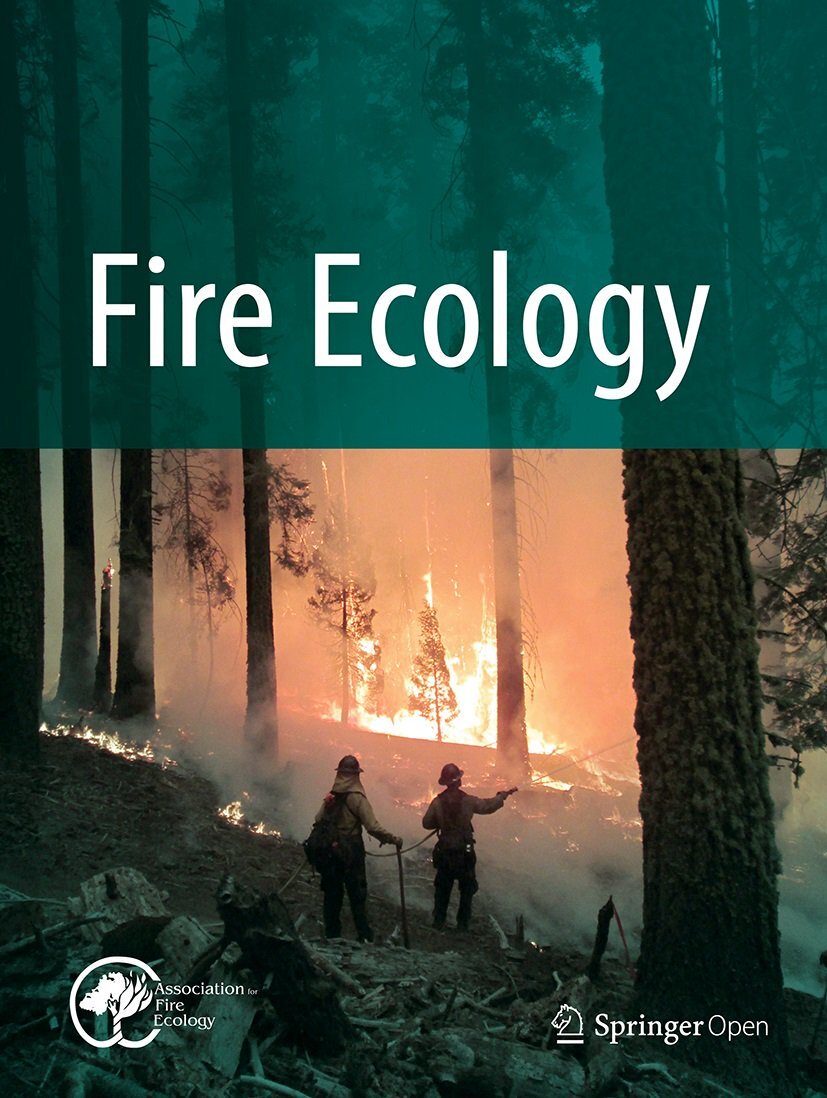Job Type: Full-time, on-site
Location: Fort Collins, Colorado
Salary: $67,000-$70,000/yr
Application Due Date: 6/16/2025
Position Overview:
The Fire Ecology Lab is within the Department of Forest & Rangeland Stewardship at Colorado State. This position will work closely with the Rocky Mountain Research Station in Fort Collins, CO. This is part of a larger project funded by the Washington Office of the Forest Service.
The Fire Ecology Lab within the Department of Forest & Rangeland Stewardship at Colorado State is hiring for a Spatial Analyst position to be located in Fort Collins, Colorado.
The primary objective of the planned research is to improve our understanding of the conditions under which fuel treatments produce desired socioecological outcomes when encountered by wildfire. To achieve this objective, we will develop and refine a core, scalable methodology that leverages existing spatial datasets on landscape characteristics, fire characteristics, and treatment characteristics. Specifically focusing on case studies of the Southern Rockies. The spatial analyst is expected to contribute to collaborative projects and to the publication of peer-reviewed journal papers and non-technical products for diverse audiences.
This position is specifically tasked with contributing geospatial technical and analytical skills towards developing and customizing treatment layers and wildfire remotely sensed data in Colorado and the Interior West. The incumbent will be responsible for spatial data production using remote sensing and field-based technologies (GPS), spatial data management, spatial analysis to support science and planning initiatives, and written and oral communication of spatial data and results of spatial analyses to diverse audiences.
Responsibilities:
Program and Project Management (60%)
Apply technical expertise as appropriate to carry out and complete tasks in coordination and collaboration to produce, analyze, and communicate results of spatial data analysis.
Evaluate and communicate knowledge from CFRI spatial wildfire decision support and research programs through oral presentations to project partners and professional audiences, and through written products, such as refereed journal article submissions, technical reports, project briefing papers, and popular media.
Develop and ensure timely implementation of work plans specifying tasks and timelines for completion towards project deliverables.
Identify “critical path” of tasks that require other project staff contributions, and communicate with them about timeframes for completion.
Conduct necessary travel to carry out project tasks.
Submit expenses to WCNR Business Office in a timely manner.
Applied Research (30%)
Co-author scientific journal papers, technical reports and non-technical briefing papers to policy-makers and the general public.
Contribute to discussions with RMRS team members and research partners about basic and applied research opportunities and approaches
Program and Project Development (10%)
Contribute to data acquisition, data analysis and spatial analysis in close collaboration with project post-docs
Establish and maintain communication with project partners to identify project goals, tasks, and deliverables, timeframe for completion
Contribute to internal organization, coordination, and communication to align personnel, resources, and activities to meet strategic and operational action plan goals, tasks, and deliverables.
Required Qualifications:
M.S. degree in forestry, ecology, natural resources, wildland fire science, geography, or a related field of study.
Experience producing, managing, analyzing, modeling, and communicating geospatial data within the ESRI GIS software.
Must have a valid driver’s license or the ability to obtain a driver’s license or access to a licensed driver by the employment start date.
Preferred Qualifications:
1+ years of applicable professional experience, or a Ph.D. degree in a related field of study.
Programming experience, such as Python and/or R, for spatial data processing and analysis.
Experience automating spatial analysis workflows with remote sensing, multiple data types (spreadsheets, databases, raster and vector spatial data), big data, or spatial analysis across multiple software platforms.
Experience with fire behavior modeling programs (e.g., FlamMap, FSIM, etc).
Knowledge of western US forest and fire ecology, wildfire management, and/or wildfire experience.
Demonstrated ability to communicate effectively across cultural boundaries and work harmoniously with diverse groups of students, faculty, staff, and stakeholders outside the university setting.
See the “Apply” or “Learn More” links below for more information.

